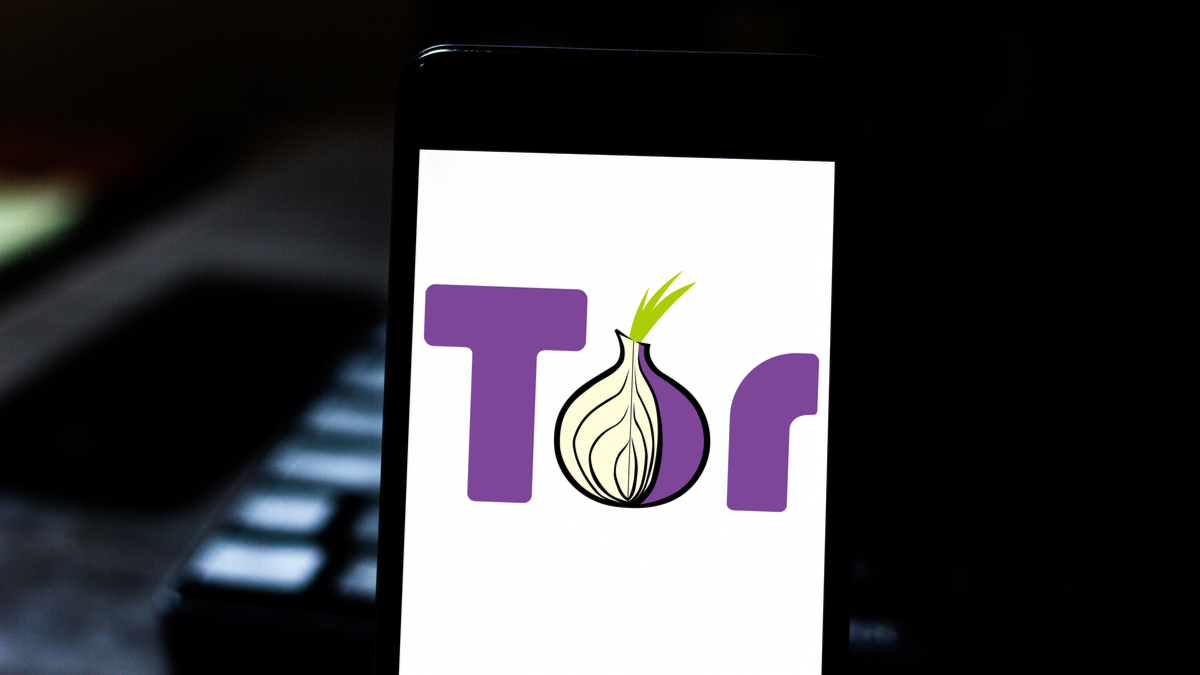#Why You Shouldn’t Use BitTorrent Over Tor

Table of Contents
“Why You Shouldn’t Use BitTorrent Over Tor”

You shouldn’t torrent files using Tor since the network can’t handle the strain. There are also some security issues at play that leave you open to tracking by watchdogs. Using a VPN to torrent is a better option for several reason.
If you’re looking to get started with torrenting, you probably know that you should use some kind of protection when doing so. However, one of the more popular ways to stay anonymous online, The Onion Router or Tor, is generally not recommended for use with the BitTorrent protocol. Why is that?
Torrents Are Subject to Tracking
Torrenting using the BitTorrent protocol is generally frowned upon by the powers that be since it’s a very popular way of distributing copyrighted material without the copyright holders’ permission, a practice better known as piracy. As a result, if you torrent files, there’s a good chance somebody is watching, especially in the United States, Canada, and Western Europe.
If you’re tracked by a copyright watchdog, you can expect a warning or two, followed by a fine if you persist. Depending on your location, you could even be sued, like a Minnesota woman who was ordered to pay $220,000 for downloading two dozen songs back in 2012.
As a result, you may want to avoid being tracked yourself. As far as anybody can tell, this tracking is done by keeping tabs on torrenters’ IP addresses, the set of numbers that show where an internet connection is coming from. It follows that if you want to avoid being tracked, you need to hide your IP address somehow.
Can Tor Cover Your Torrenting Tracks?
Enter The Onion Router, better known as Tor, a browser that can hide your IP address and should help you browse anonymously. It does this by rerouting your internet connection through so-called nodes. These nodes, which are operated by volunteers, “lend” their IP address to you, making you appear like you’re somewhere you’re not.
On paper, it’s a perfect solution: if a watchdog sees you torrenting a file and tries to find out your IP address, it would just find the IP address belonging to the node, not you. However, in practice, some factors spoil this seemingly simple solution.
Practical Problems
The security implications are pretty serious, but before we even get to them, let’s go over some practical problems. The first is that while you may avoid legal attention when using Tor, the person running the node is going to bear the full brunt of it. Usually, they’ll hide their involvement too, but it’s still not particularly nice to let somebody else hang out to dry just so you can enjoy some free entertainment.
Another issue is that Tor is very, very slow, especially if you’re following proper protocols—and you should since you’re risking undue legal attention—and using three nodes to cover your tracks. Rerouting like this slows down your connection (VPNs have the same issue) and doing so three times is triple the trouble. If you’re using Tor to torrent, it’s going to take a long time to download even a single movie.
A final issue is that there’s a good chance the Tor network couldn’t handle the load if too many people started to use it for torrenting. Torrenting is very resource intensive, and Tor is a simple, volunteer-based project. It’s just not built to handle terabytes of data streaming through it. If too many people start using it for torrenting, sections of the network may simply just go dark.
Security Issues
However, more seriously than any of that are the security issues surrounding using Tor for torrenting. A blog post from the Tor Project itself goes into a lot more detail—as well as warning people against overloading the network—but it boils down to how Tor works.
When you use Tor, you’re not protecting all the data going in and out of your connection, you’re essentially only shielding some of it. That’s usually enough to mask your IP address if you’re trying to avoid censorship blocks, but in case of targeted attacks it doesn’t work as well.
The result is that copyright watchdogs trying to get a bead on you could very well be able to see your real IP address and thus trace you back.
What Can Torrenters Use Instead of Tor?
All of the above seem like serious issues, and they are. As a result, it’s probably best if you don’t use Tor to torrent files, not even small files or those put up legally. Instead, use a virtual private network. These services are purpose-built to accommodate large data streams and will generally offer better protection against targeted attacks than Tor will.
There are some great VPN providers out there, though torrenters will generally have to make use of paid plans due to the amount of data they need. That said, the cost is negligible compared to the fines you risk otherwise.
Our favorite for torrenters is IVPN, but a service like Mullvad could also be just what you need. Whatever you do, just make sure you don’t use a US-based VPN as they have been targeted in the past few years by anti-piracy organizations.
If you liked the article, do not forget to share it with your friends. Follow us on Google News too, click on the star and choose us from your favorites.
For forums sites go to Forum.BuradaBiliyorum.Com
If you want to read more like this article, you can visit our Technology category.



